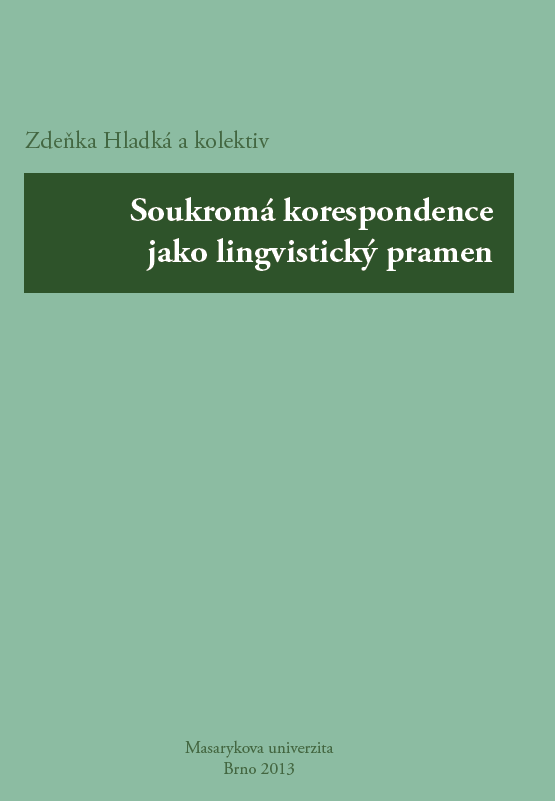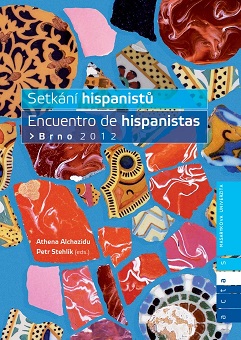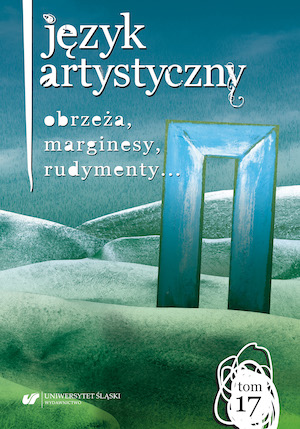
Intelektualizacja i jej pochodne: standaryzacja oraz grafizacja jako czynniki kształtujące polszczyznę literacką w początkach ery typograficznej
The typographic era of the Polish language beginned 1521 and 1522. In 1522 „Żywot Pana Jezu Krysta” was published twice in two competitive publishing houses in Cracow. These two editions are the textual basis of the paper. The typographical technology increased the pace of intellectualization of Polish. As result of the process the pace of standardization and graphization of Polish was increased as well. Intellectualization, i.e. increase of the functional efficiency of Polish, should be regarded as the causative predominant feature of gradual transformations of the standard language of that time. Standardization and graphization of Polish should be recognized as subordinate factors towards intellectualization. In beginnings of the typographical era, both complementary effects of intellectualization entered the new phase along with the publication of the first Polish printed books which were addressed to the wide range of readers becoming a good for sale. The analysis of two editions of „Żywot Pana Jezu Krysta” shows that in 1522 there were two diverse so-called particularistic norms, i.e. the diverse catalogues of standard solutions depended on the publishing houses. The hierarchy of the factors presented in the paper should be taken into consideration when the description of transformation of the Polish language at the beginning of the typographical era is intended.
More...


